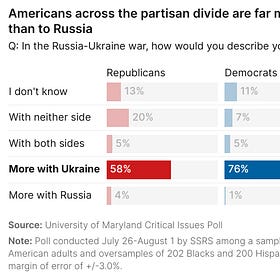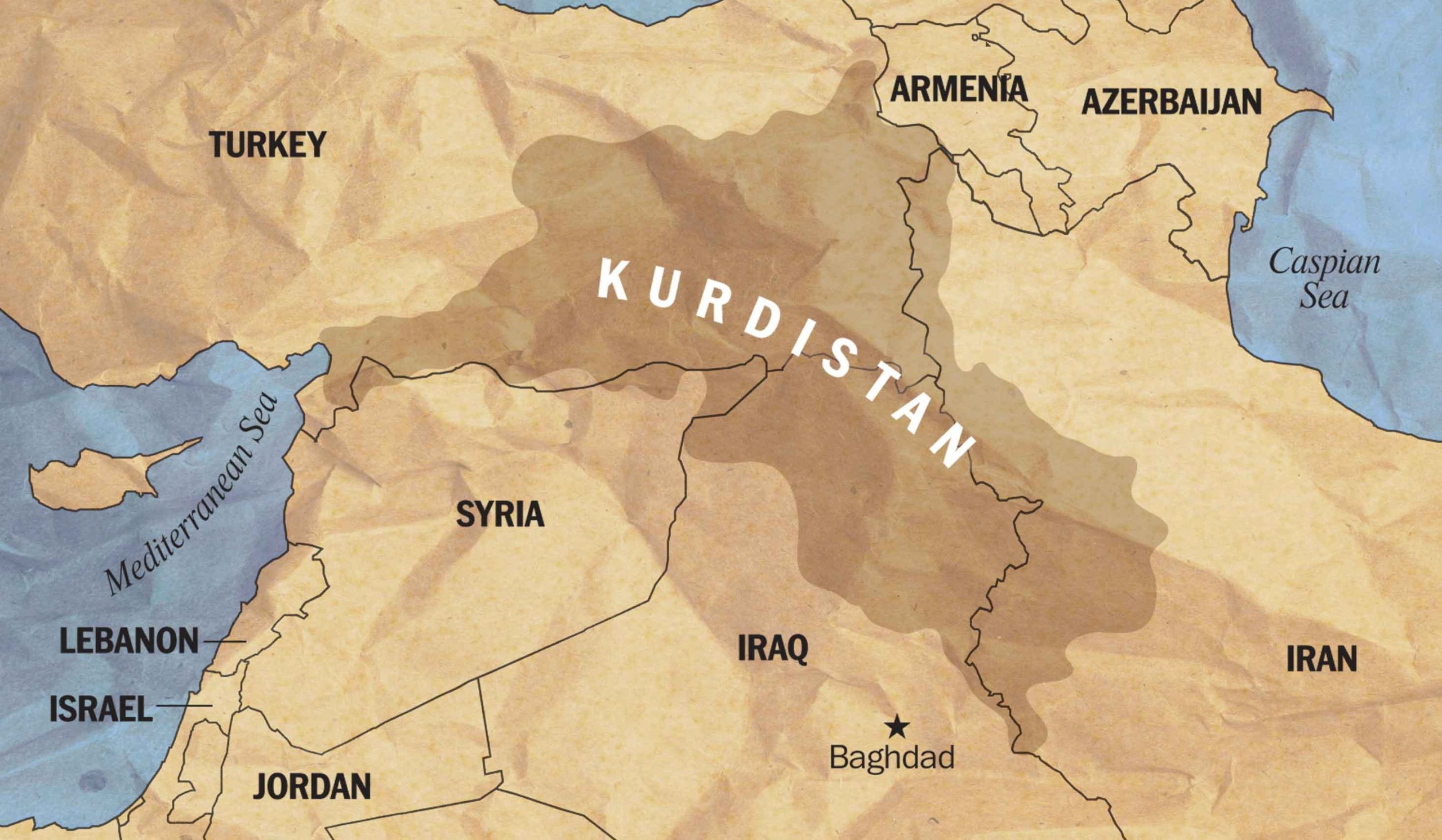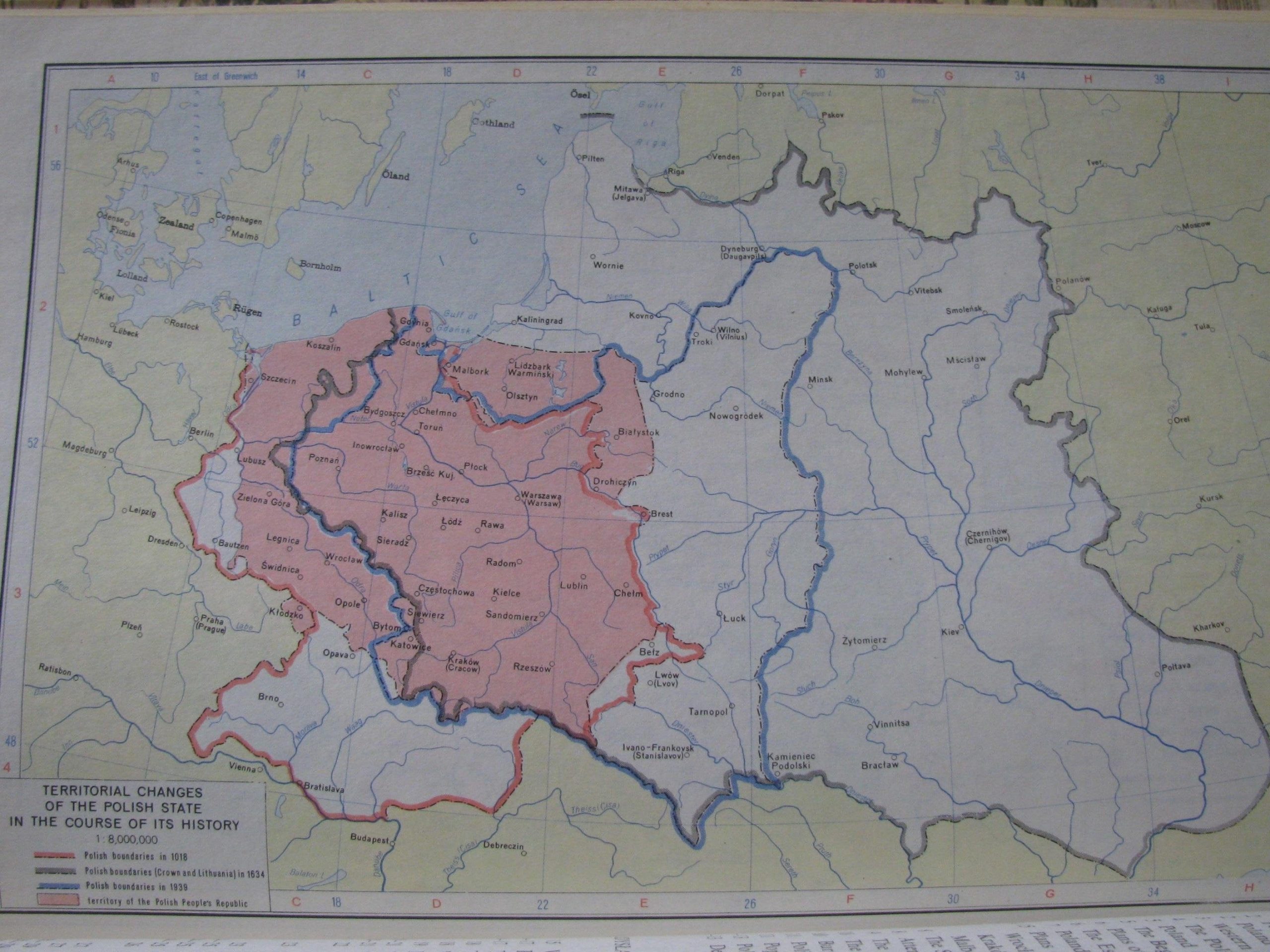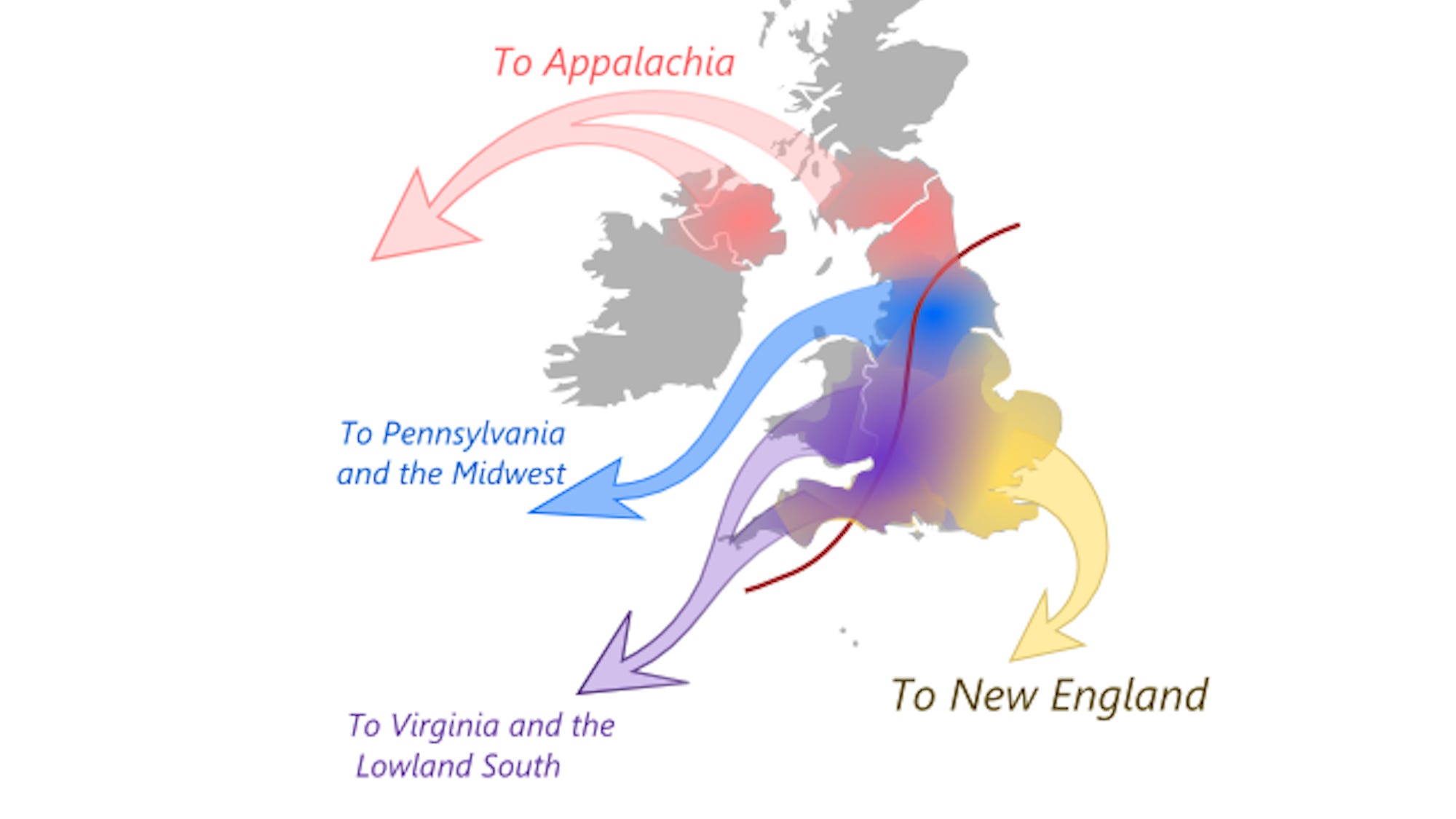Yves here. As you can see in Tom Neuburger’s excerpt below, his conversation with Richard Eskow went beyond the Ukraine conflict.
I didn’t get across his basic post on Putin, Ukraine and War because it was aimed at a different audience and I don’t think the readers here would sympathize with what Neuburger was trying to do. He offered a more cautious and limited version of Russian, and increasingly, the Global South, as Russia’s reasons for establishing and continuing. It just got defensive, like he was expecting a lot of opposition from what I imagine to be orthodox fans, the kind among others who still strongly believe in Russiagate.
Written by Thomas Neuburger. It was first published in the book God’s Spies
Earlier this month I published a piece called “Putin, Ukraine and War” which discussed two ways of dealing with the conflict in Ukraine as seen through American eyes.
Putin, Ukraine and War
SEP 11

Richard Eskow, program manager Zero hourasked me to talk about these and other related issues recently. That discussion is below.
We touched on a range of topics, from the Democratic Party’s acceptance of war to Benjamin Franklin’s materialism. I hope you enjoy it.
Zero hour you can use your support. Another way is to register here.
Russia’s Proposed Nuclear Policy
Those interested in the latest proposed changes in Russia’s nuclear policy can read this explanation. Carl Biejer calls this change “closing the proxy-war gap.”
Previously, Russia considered using nuclear weapons only in direct conflict with other nuclear powers, even if their suppliers were nuclear states. The new policy, in Putin’s words, says, “It is proposed that the torture of Russia by any non-nuclear power, but with the participation or support of a nuclear powerconsidered their joint attack on the Russian Federation” (emphasis mine).
That means us.
What is ‘Property’?
Regarding Ben Franklin’s concept of space, which I mentioned, consider this in his letter to Robert Morse, written on Christmas Day, 1783:
All the Goods, indeed, except the temporary Cabinet of the Savage, his Bow, his coat of Match, and other small things found, necessary for his Subsistence, appear to me to be a Creature of Public Assembly. Therefore the Society has the right to Regulate the Descent, and all other Transfers of Property, and even to limit the Quantity and Use thereof. Every Property necessary to man, for the Preservation of Individuals and the Propagation of Species, is his natural right, which no one can justly deprive him of.[.]
By “Savage” Franklin means American Indians; in other words, the people of the tribe, the family, the hunter-gatherer. Prehistoric man, in other words. “A rogue’s temporary wardrobe, his bow, his coat, and other small things available, necessary for his Subsistence” are what we would call “personal property” in the narrowest sense—my clothes, my personal effects, my tools.
All other property, such as land and space, is a “creature.” [creation] of the Community Conference”; the product of the agreement, in other words, or as his letter later says, “Public Property, which, by their Laws, they have created, and which they may by other Laws have disposed of”.
Kurdistan
We talked about “Kurdistan” in the discussion in relation to the concept of structure and space. There is an independent region within Iraq called Kurdistan, but the real Kurdistan – where the Kurdish people live – is shown below.

We could say the same about Poland and other modern states.

Currently, Germany hosts over a million Polish speakers, and there are a few German speakers in Poland.
War Strain and Peace Strain in America
Those who want to follow this theory (discussed in detail in the interview) can start with David Hackett Fischer’s 1989 book. Albion’s seed. It looks at the four main groups of British colonists in the Americas and what each group brought with them.
These groups were the Puritans, who came from East Anglia and settled in New England; Cavaliers, nobles and wealthy landowners from the south of England who settled Virginia and other plantations; Quakers, pacifists from the British North Midlands settled in the Delaware Valley; and the independent, warlike Scots-Irish, who settled the southern states and Appalachia.
Puritans and Quakers were generally peaceful. Others were not.

There is a good general description of these groups here. Joe Klein has a good discussion of what separates these groups here, although he doesn’t talk about their approach to peace and war. Those opinions are my own, or from a source I can no longer identify.

Source link